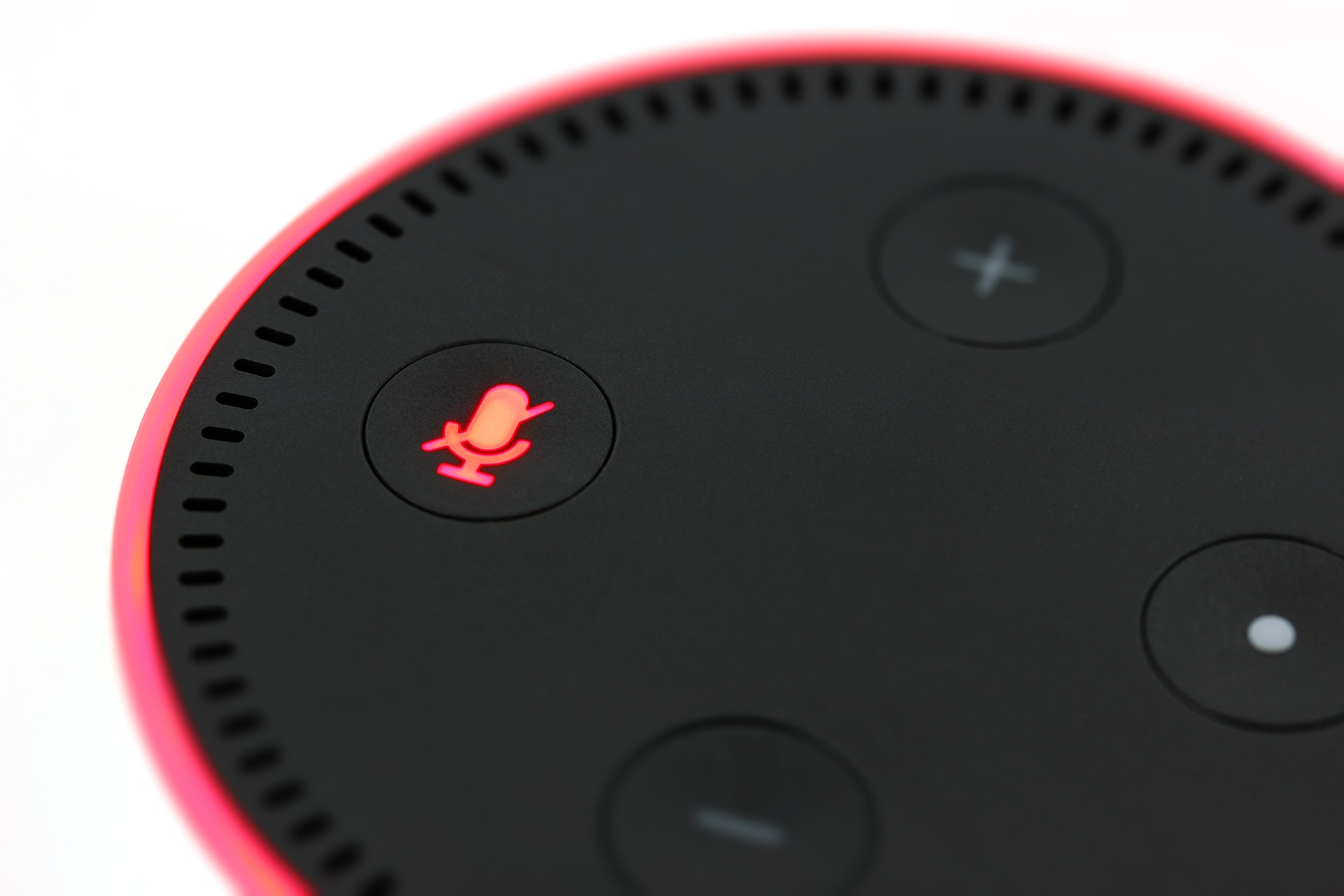There’s a new woman come into my life … She’s rather small, lives in the kitchen and seems to be very clever at doing lots of things. Yes, my little voice activated gizmo Alexa arrived the other day and has already settled in to become part of the family, although the dog still isn’t sure!
What on earth has this got to do with farming I can hear you asking? Well, she seems to know what the weather is going to be like with reasonable accuracy (essential for a farmer!) and has even managed to remind me to buy the milk and to write this column on time, relieving the stress on my editor!
The real point is that a few years ago we would never have dreamed about these huge advances in technology and even more mind boggling are the advances which are still to come. Farming hasn’t been slow to embrace these changes either with robots milking cows and drones examining our crops just a couple of the proven technologies that are with us here and now. Most tractors come with one or two computers built in as standard and a modern combine cab looks more and more like the flight deck of an airliner with every new model that comes along.
But is it all necessary and what’s wrong with the good old days when we used to sit on a naturally air-conditioned tractor with no cab and on a combine surrounded by a cloud of dust? I would argue that’s it not only more productive, but it’s absolutely essential that modern farmers keep up with the advances of technology. Those who don’t may well get left behind as we go through the painful extraction of the UK from the EU and the reasons why we need to be more efficient are becoming more obvious as time goes by. We are going to have to learn to work with a much smaller workforce than we have traditionally been used to employing as some of our European friends drift back home and we struggle to fill their places with our own workers. The relentless pressure on prices for food will continue and the need to produce more from the same acres will also add to the need for greater efficiencies. As I have quoted here before, the farming, food and drink sector is already the largest industry in Scotland and what’s more, is set to double in size by 2030 with a turnover of £30 billion being the target.
So, given that we have to face all of the above, it’s no wonder that machinery manufacturers are piling on the technology and already trialling machines that will operate without a human being needing to be in the field.
Last year a team from Harper Adams University successfully planted, tended and harvested a spring barley crop without any humans entering the field and the “Hands Free Hectare” project already have their second crop of winter wheat in the ground. Martin Abell, head of the project said: “The first year of the project aimed to prove that there’s now no technological reason a field can’t be farmed without humans working the land directly and we did that with only using off-the-shelf technology and open source software.” Of course we are some way off this becoming the normal routine way of doing things, but believe me this sort of thing will actually happen.
Just think back to the 25 horse power little grey Ferguson tractors which revolutionised farming after the Second World War and now look at the 250 horsepower giants which are becoming commonplace on a lot of the big arable farms. Surely these machines can’t get any bigger – can they? That’s a question I often get asked and the answer is probably that we are getting close to the limit and in the future alongside the harvesting giants, we will see small armies of lightweight robots and drones. These will work on the land guided by just one or two people as they plant, tend and harvest crops of vegetables, soft fruit and the like. The stuff of science fiction? Here’s a quote from a company employed by machinery manufacturers to predict where they should spend their development money. IdTechEx say “Agricultural robots (Agbots) and drones to become a $35Bn industry by 2038”. So, Agbots have already got a name and if you don’t believe any of this, please go and google IdTechEx … or maybe even ask Alexa about the future of farming!
Or, if you’re still wondering who or what Alexa is, then just use your search button to find out more … and while I send this column to my editor … Alexa, can you boil the kettle please?
This column first appeared in The SPP Group of newspapers on 2nd March 2018.
